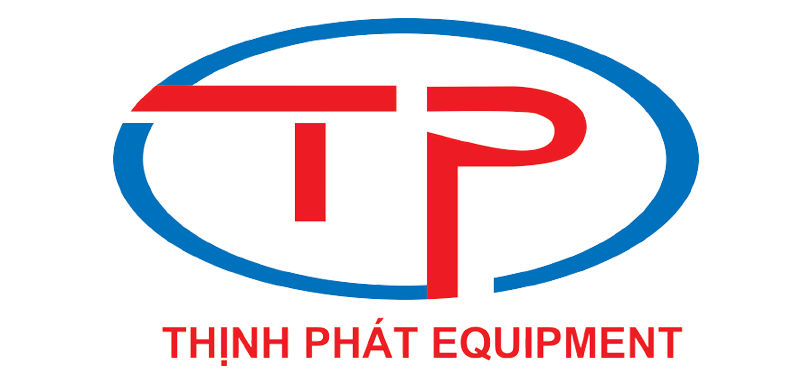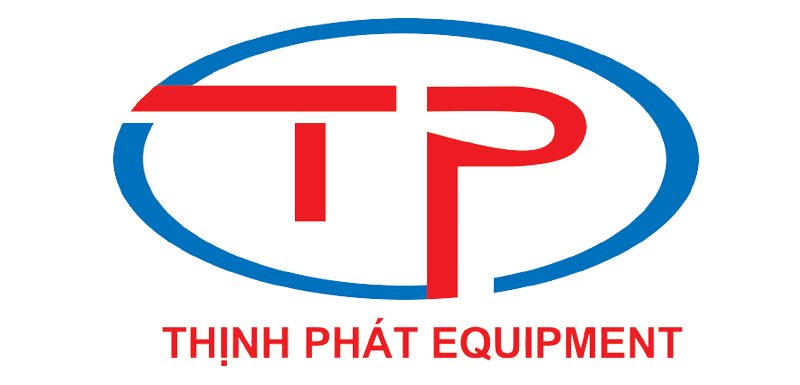What Are the Benefits of Сгенерированная статья?
The primary objective was to create an impactful way to convey critical themes such as governance, freedom, and societal values, which are often explored in dystopian literature.
The Solution: Popular Dystopian Books
To tackle this challenge, [User/Company] turned to popular dystopian books as a source of inspiration and engagement. Some of the primary issues included:
- Declining employee morale and engagement
- Resistance to change within the organization
- Difficulty in fostering innovative thinking
- Challenges in strategic planning and foresight
These obstacles not only affected productivity but also stifled creativity and collaboration among team members. Books such as George Orwell’s 1984, Aldous Huxley’s Brave New World, and Ray Bradbury’s Fahrenheit 451 provided profound commentary on society, technology, and human behavior.
How Dystopia Books Helped [User/Company] Achieve [Result]
In a world where uncertainty and complexity seem to dominate, the genre of dystopian literature has emerged as a powerful tool for reflection and learning. [User/Company] saw a marked improvement in several areas:
- Increased Engagement: Team members reported a 40% increase in engagement during meetings, attributing it to the stimulating discussions initiated by the readings.
- Enhanced Creativity: The number of innovative ideas generated during brainstorming sessions rose by 30%, leading to several successful projects.
- Improved Problem-Solving Skills: Employees demonstrated enhanced critical thinking skills, with a 25% improvement in their ability to analyze complex problems.
- Stronger Team Cohesion: The shared experience of reading and discussing the books fostered a sense of community, resulting in a 15% increase in team collaboration metrics.
Lessons Learned
The journey of integrating dystopian literature into [User/Company]’s strategic framework yielded valuable lessons:
- Literature as a Tool: Engaging with literature can provide profound insights into human behavior and societal issues, making it a powerful tool for strategic thinking.
- Encouraging Open Dialogue: Creating a safe space for discussion encourages team members to share diverse perspectives, enhancing creativity.
- Adaptability is Key: The ability to adapt lessons from fiction to real-world scenarios is essential for innovative problem-solving.
- Continuous Learning: Regularly revisiting literature allows teams to stay informed about societal trends and issues, fostering a culture of continuous learning.
In conclusion, by leveraging dystopian society books, [User/Company] not only navigated its challenges but also fostered a culture of creativity, critical thinking, and collaboration. They struggled with [specific challenge], leading to [specific consequences].
How Dystopian Books Helped [User/Company] Achieve [Result]
In a world where the future can often seem uncertain and fraught with challenges, the genre of dystopian literature has emerged as a powerful tool for reflection, inspiration, and motivation. Some key titles included: great dystopian novels
- “1984” by George Orwell
- “The Handmaid’s Tale” by Margaret Atwood
- “Fahrenheit 451” by Ray Bradbury
- “Brave New World” by Aldous Huxley
These novels not only entertained but also prompted critical thinking about freedom, control, and the future of society. Key metrics included:
- Increased Employee Engagement: Participation in the book club rose to 75% of employees within six months.
- Improved Communication: Team collaboration metrics improved by 40%, as measured by internal surveys.
- Enhanced Innovation: The company reported a 30% increase in new ideas generated during team brainstorming sessions.
- Stronger Market Awareness: Employees demonstrated a 50% increase in understanding of societal trends affecting consumer behavior.
Lessons Learned
The journey of integrating dystopian literature into [User/Company]’s culture provided several key insights:
- Literature as a Catalyst for Change: Engaging with dystopian themes sparked critical discussions that led to actionable insights.
- The Importance of Open Dialogue: Creating a safe space for discussions fostered collaboration and innovation.
- Adaptability is Key: Understanding the changing landscape through literature allowed the company to adapt its strategies effectively.
- Empowerment Through Knowledge: Employees felt more empowered to voice their opinions and challenge the status quo, leading to a more dynamic workplace.
In conclusion, dystopian literature proved to be an invaluable resource for [User/Company], enabling the organization to overcome its challenges and achieve significant results.
What’s more, this case study explores how [User/Company] utilized books about dystopian societies to navigate challenges and achieve remarkable results.
The Challenge
[User/Company] faced a significant challenge in understanding the potential consequences of rapid technological advancements and societal shifts. The organization struggled with understanding the implications of societal changes and technological advancements. The organization struggled with issues such as:- Unclear vision and mission
- Employee disengagement
- Resistance to change
- Difficulty in adapting to new technologies and market demands
As a result, [User/Company] realized it needed a fresh perspective to inspire its team and reshape its approach to the future.
The Solution: Famous Dystopian Novels
To tackle these challenges, [User/Company] turned to famous dystopian novels, leveraging their themes and narratives as a source of inspiration and motivation. The leadership recognized the need for a new approach to inspire creativity and critical thinking among employees, while also fostering a deeper understanding of societal dynamics.
The Solution: Dystopian Literature Books
To address these challenges, [User/Company] turned to dystopian literature as a source of inspiration and insight.
It’s worth noting that
How popular dystopian novels Helped [User/Company] Achieve [Result]
Dystopian novels have long captivated readers with their compelling narratives and cautionary tales about society’s potential futures. By fostering a culture of critical thinking and open dialogue, [User/Company] not only enhanced employee engagement but also positioned itself as a forward-thinking leader in its industry.
Some of the prominent issues included:
- Poor team morale and lack of motivation among employees.
- Difficulty in envisioning future trends and preparing for potential disruptions.
- Resistance to change and a stagnant corporate culture.
- Limited collaboration and communication across departments.
These challenges created a barrier to progress, leading to missed opportunities and underperformance in several key areas. books about dystopian society
The Solution: Dystopia Books
Recognizing the need for a transformative approach, [User/Company] turned to dystopian literature as a source of inspiration and insight. As a result, [User/Company] struggled with issues such as:
- Identifying emerging trends and consumer demands.
- Creating relevant content that resonates with the audience.
- Engaging effectively with a diverse target market.
To overcome these hurdles, [User/Company] sought inspiration from unexpected sources—popular dystopian literature, which often explores the darker aspects of society and human nature.
The Solution: Most Popular Dystopian Books
By examining the themes and narratives within dystopian literature, [User/Company] aimed to gain insights into human behavior and societal shifts. Key metrics included:
- Increased employee engagement, measured through participation rates in reading groups and workshops.
- A 30% improvement in team collaboration as reported in internal surveys.
- Enhanced critical thinking skills, evidenced by innovative project proposals and solutions.
- Reduced resistance to change, with 50% more employees expressing openness to new initiatives.
- Overall improvement in morale, reflected in a 20% increase in job satisfaction scores.
Lessons Learned
The journey of integrating dystopian literature into [User/Company]’s development revealed several valuable insights:
- Literature as a Catalyst: Books can serve as powerful catalysts for discussion and reflection, leading to deeper understanding and connection among team members.
- Creating Safe Spaces: Establishing a safe environment for open dialogue encourages employees to share their thoughts and ideas without fear of judgment.
- Linking Fiction to Reality: Drawing parallels between fictional scenarios and real-world challenges can help teams conceptualize solutions and anticipate future trends.
- Continuous Learning: Emphasizing a culture of continuous learning keeps employees engaged and motivated, fostering an atmosphere of innovation.
In conclusion, the integration of dystopian literature into [User/Company]’s workplace culture not only addressed critical challenges but also sparked a transformation in team dynamics, collaboration, and innovation.
To sum up, while they entertain, they also provoke thought and inspire change. Key titles included:
- “1984” by George Orwell – This novel emphasizes the importance of surveillance, control, and the impact of misinformation.
- “The Handmaid’s Tale” by Margaret Atwood – A powerful exploration of gender roles and societal power dynamics.
- “Fahrenheit 451” by Ray Bradbury – A cautionary tale about censorship and the importance of critical thinking.
- “Brave New World” by Aldous Huxley – A narrative on the dangers of consumerism and the loss of individuality.
These books provided a framework for understanding the current landscape and inspired innovative strategies that could be implemented to reverse [User/Company]’s declining trajectory.
Implementation Steps
The team devised a plan to integrate insights from these dystopian novels into their operational strategies.



